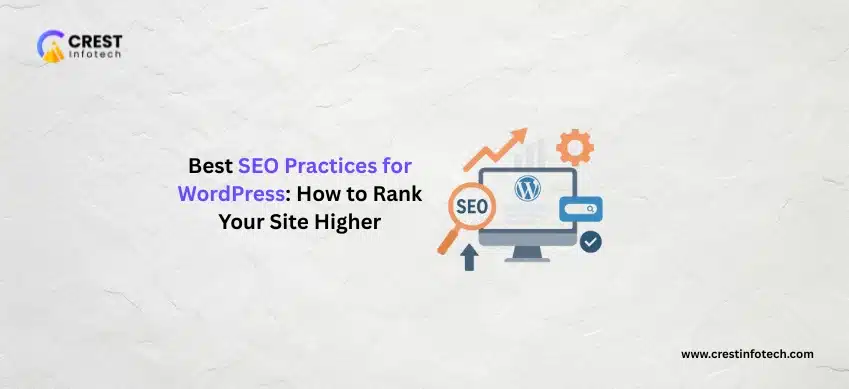Optimizing your WordPress site for search engines goes far beyond just adding a few keywords — it’s about building a strong technical foundation, crafting valuable content, and maintaining consistency in every aspect of your site’s SEO strategy. The goal is simple: to help search engines understand, index, and rank your content higher.
1. Optimize Your Site Structure
A well-organized site helps both users and search engines navigate your content easily.
- Use a clean, logical URL structure (e.g.,
example.com/category/post-name/) - Ensure your site has a clear hierarchy — homepage → categories → posts/pages
- Create an XML sitemap using plugins like Yoast SEO or Rank Math
2. Focus on Keyword Research and Placement
Keywords connect your content to user search intent.
- Use tools like Google Keyword Planner or Ahrefs to identify target terms
- Place keywords naturally in titles, headings, meta descriptions, and throughout your content
- Avoid keyword stuffing — prioritize readability and user value
“Write for humans first, but structure for search engines.”
3. Optimize Meta Titles and Descriptions
Meta tags are essential for SEO visibility and click-through rates.
- Include target keywords in meta titles and descriptions
- Keep titles under 60 characters and descriptions under 160
- Use compelling copy to encourage users to click your search result
4. Improve Page Speed and Performance
Site speed directly affects rankings and user experience.
- Use caching plugins like WP Rocket or W3 Total Cache
- Optimize images using tools like Smush or TinyPNG
- Enable lazy loading and use a CDN (Content Delivery Network)
5. Use SEO-Friendly Plugins
Plugins simplify complex SEO tasks and improve site health.
- Yoast SEO — for on-page optimization and readability analysis
- Rank Math — for schema markup and keyword tracking
- All in One SEO Pack — for sitemap and metadata management
“The right plugins act as your SEO toolkit — automating best practices and ensuring consistency.”
6. Build Quality Backlinks
Backlinks remain one of Google’s strongest ranking factors.
- Guest post on reputable blogs in your niche
- List your website on relevant directories and forums
- Create shareable, high-value content that naturally attracts links
7. Optimize for Mobile and User Experience
With mobile-first indexing, responsiveness is non-negotiable.
- Use a responsive theme compatible with all devices
- Ensure touch-friendly buttons and readable text
- Test mobile usability in Google Search Console
8. Leverage Internal Linking
Internal links strengthen your site architecture and distribute link equity.
- Link related articles to keep users engaged longer
- Use descriptive anchor text with relevant keywords
- Avoid excessive linking — focus on relevance and value
“Internal linking is like guiding Google — show it which pages matter most.”
Final Thoughts
Mastering WordPress SEO is an ongoing process — not a one-time setup. By combining strong technical optimization, meaningful content, and consistent link-building, your site can achieve sustainable search visibility. Stay updated with algorithm changes, monitor performance in Google Analytics, and continuously refine your strategy to stay ahead of the competition.



